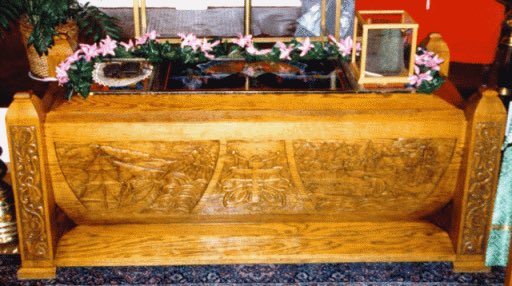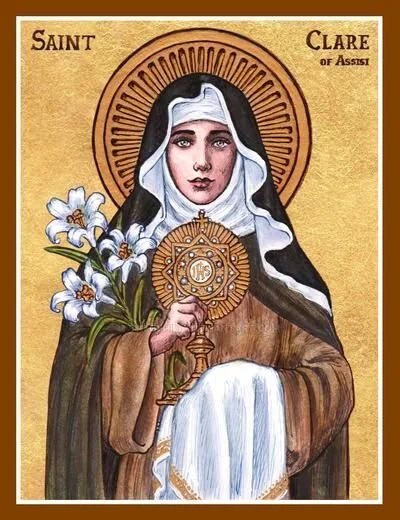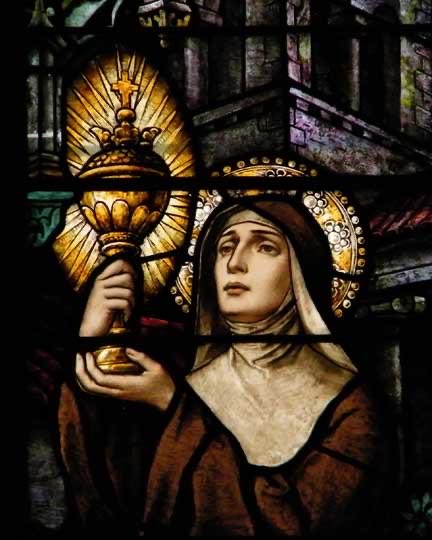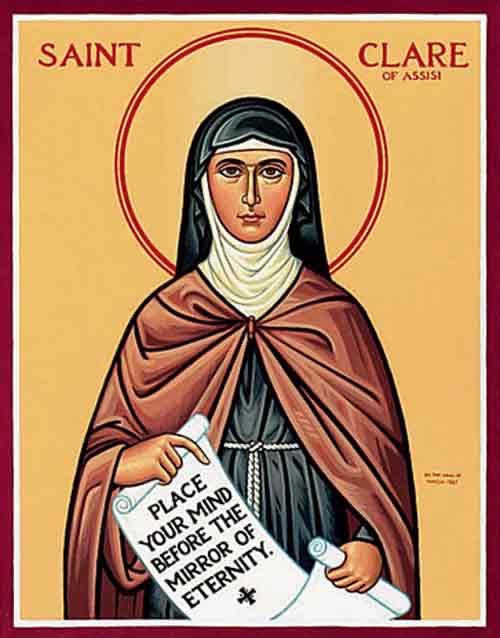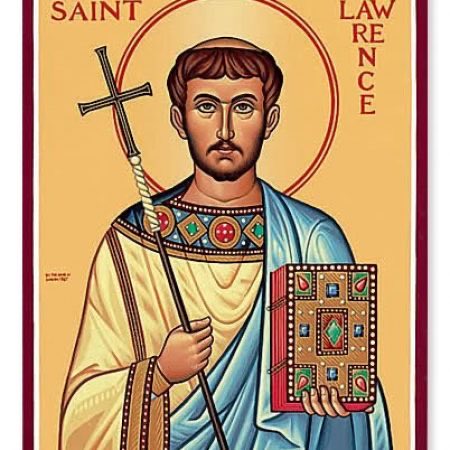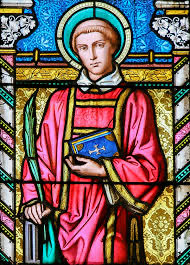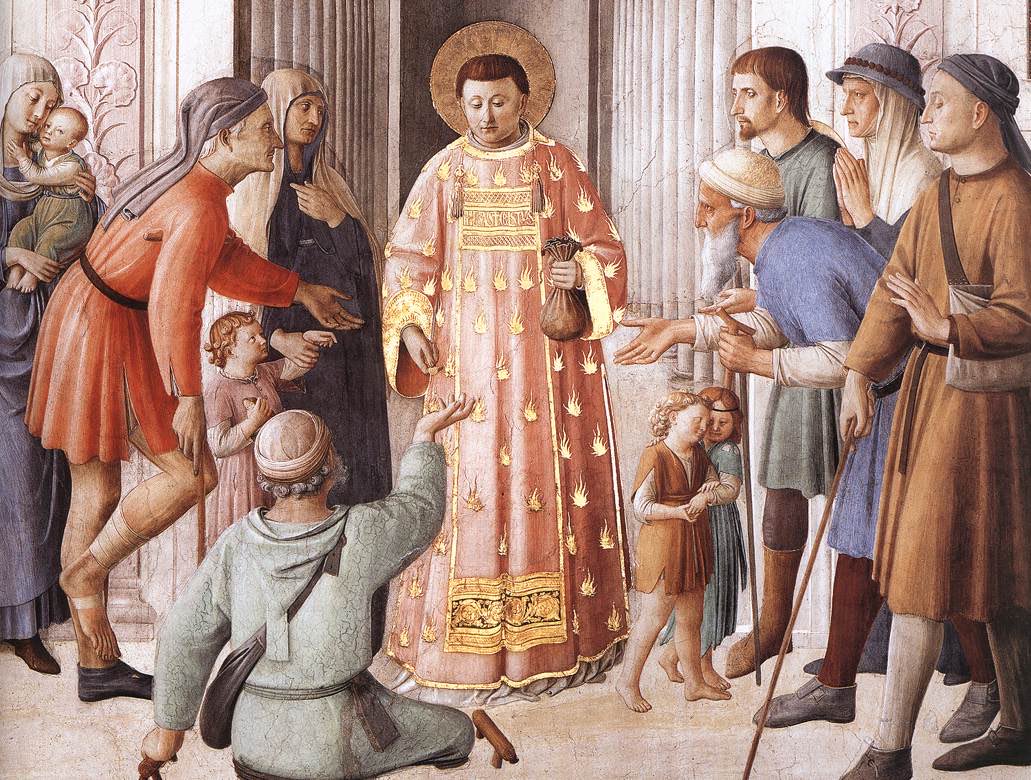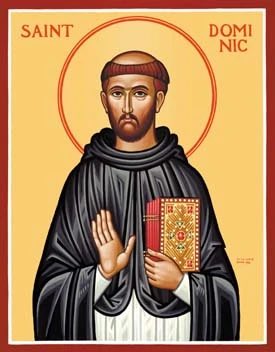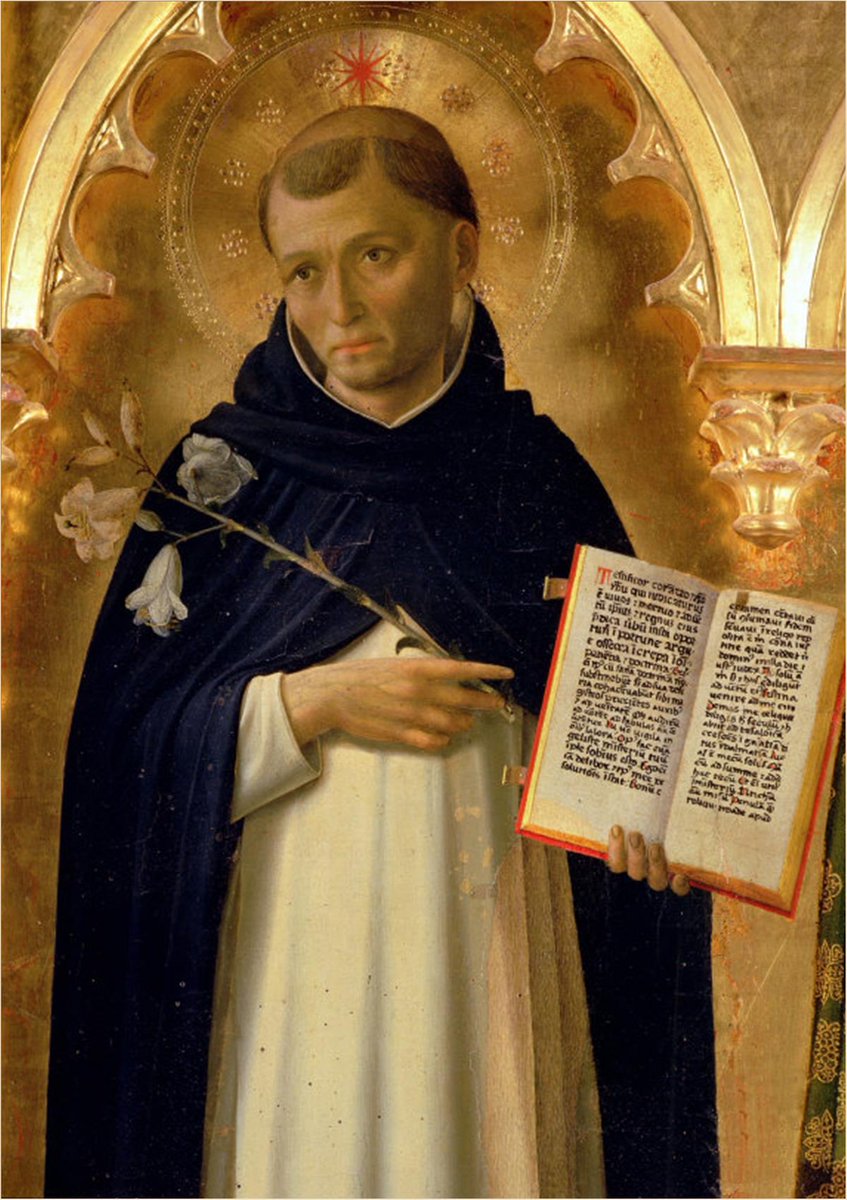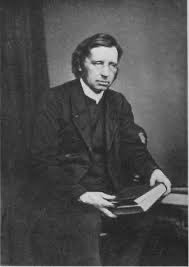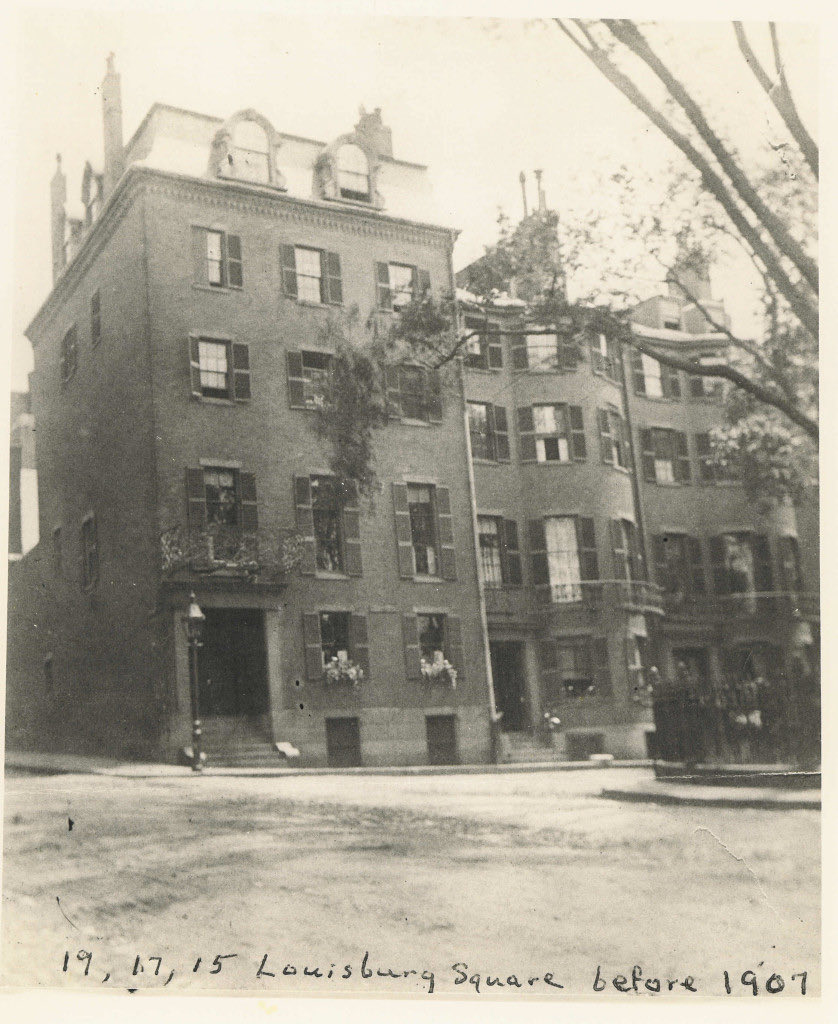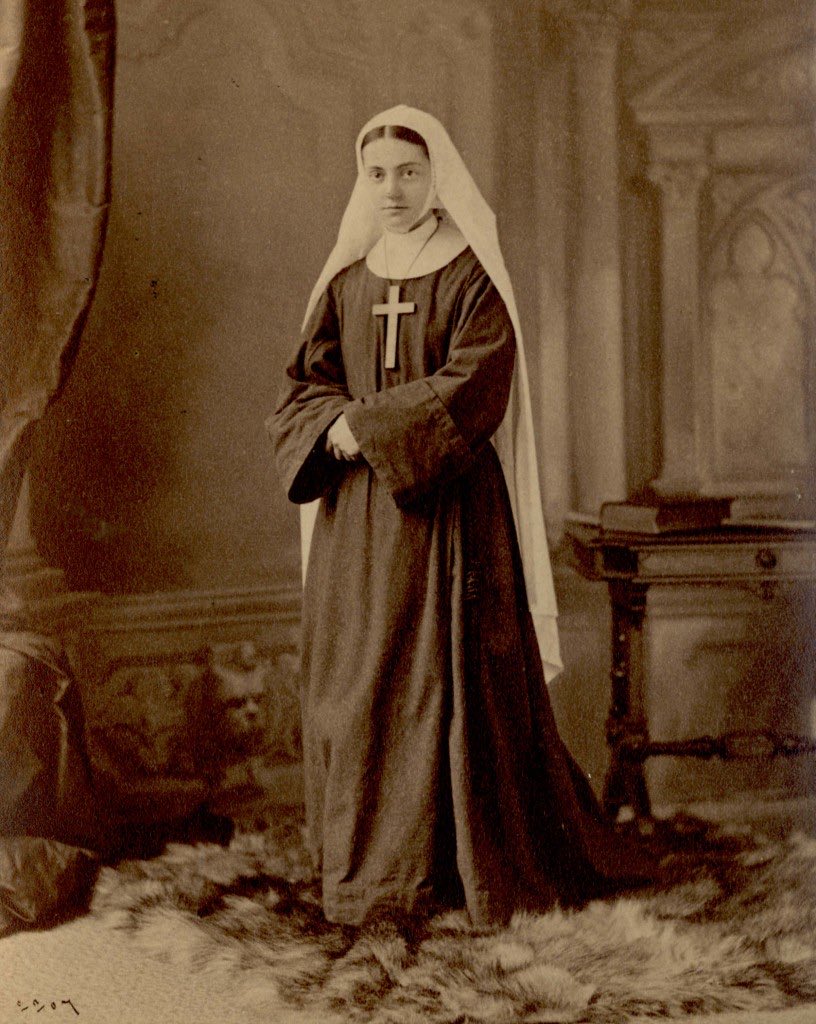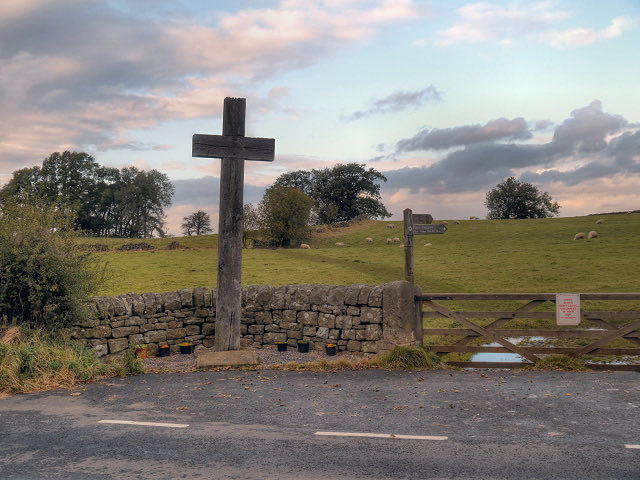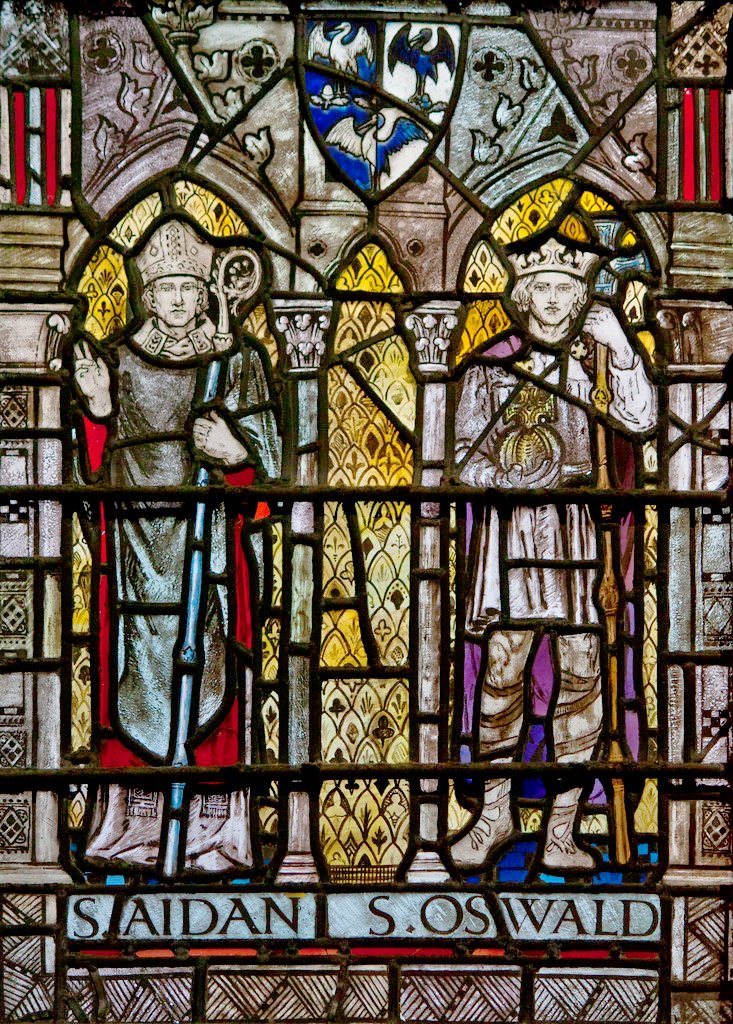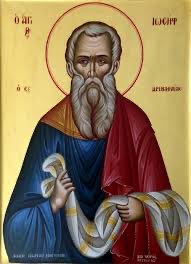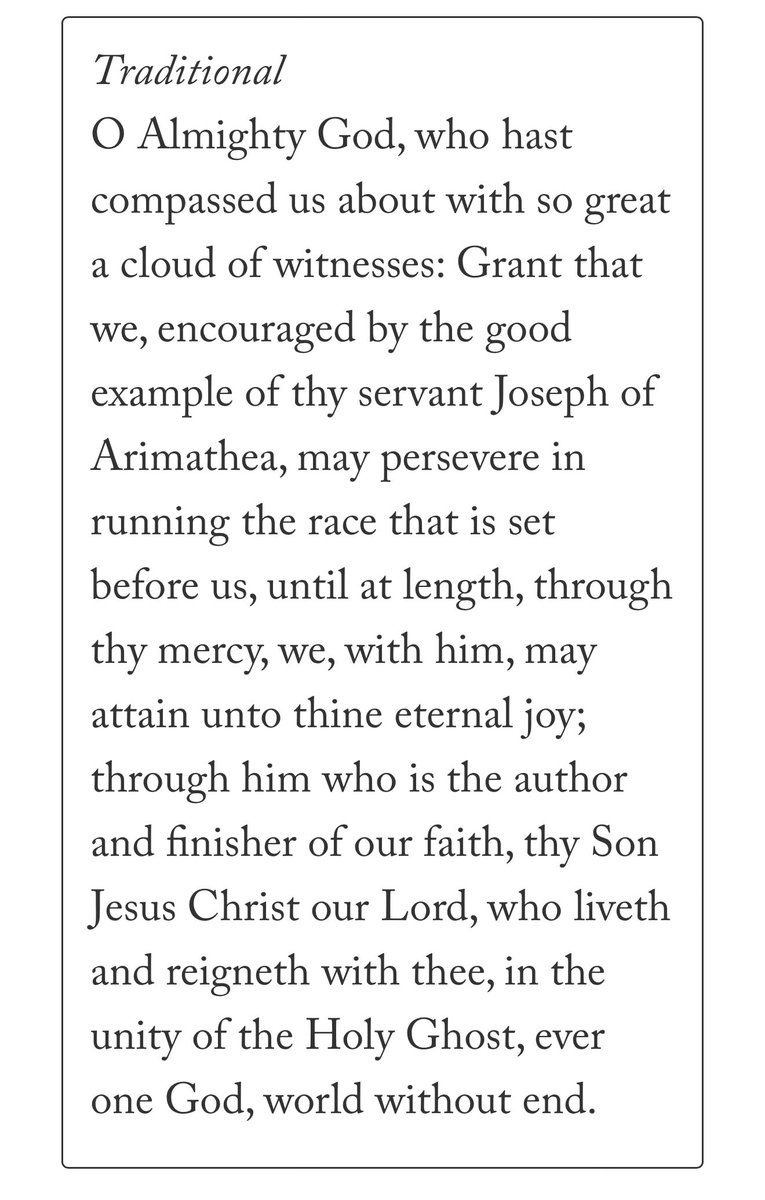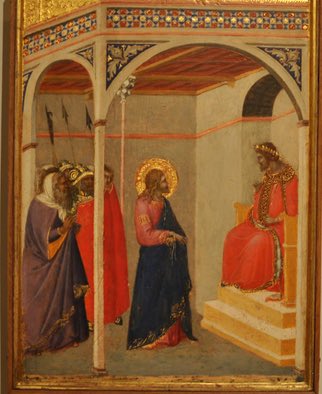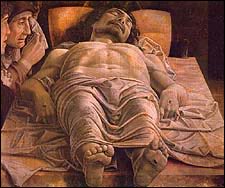✝️🧵
1/
Today in the Daily Office, we remember Herman of Alaska (c. 1756-1837), a Russian Orthodox monk and missionary who became the first saint of North America, known for his tireless work evangelizing and protecting the native Alaskan people, his ascetic lifestyle, and his role as a spiritual father and wonderworker in the Orthodox Church.
1/
Today in the Daily Office, we remember Herman of Alaska (c. 1756-1837), a Russian Orthodox monk and missionary who became the first saint of North America, known for his tireless work evangelizing and protecting the native Alaskan people, his ascetic lifestyle, and his role as a spiritual father and wonderworker in the Orthodox Church.
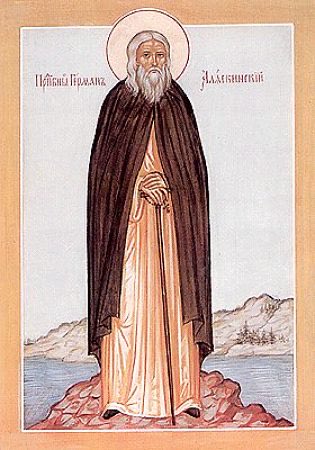
2/
“The Lord gave this land to our beloved mother country like a new-born babe, who has not as yet any faculty to acquire knowledge, nor the sense to do so; because of its lack of strength and its infancy, it not only needs protection, but even support; but this it has as yet no ability to ask of anyone." - Herman of Alaska
“The Lord gave this land to our beloved mother country like a new-born babe, who has not as yet any faculty to acquire knowledge, nor the sense to do so; because of its lack of strength and its infancy, it not only needs protection, but even support; but this it has as yet no ability to ask of anyone." - Herman of Alaska
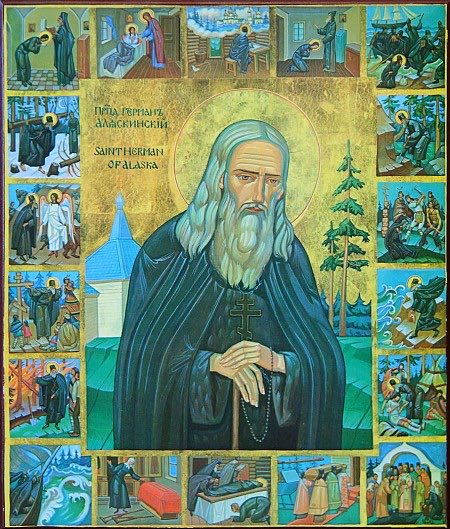
3/
Born in Russia around 1756, Herman joined a monastery at 16 and later volunteered for the Alaskan mission in 1794.
Born in Russia around 1756, Herman joined a monastery at 16 and later volunteered for the Alaskan mission in 1794.
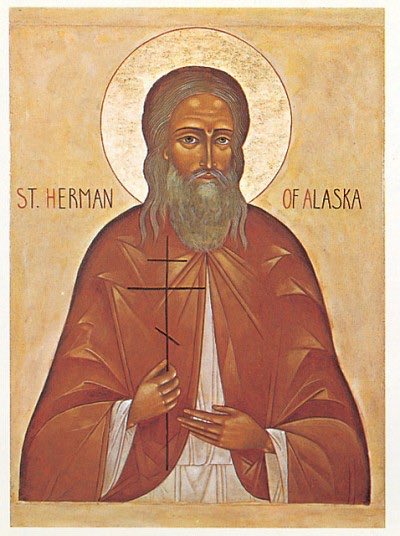
4/
As part of the Russian Orthodox mission to Alaska, he baptized thousands of natives and defended them against exploitation by Russian colonists.
As part of the Russian Orthodox mission to Alaska, he baptized thousands of natives and defended them against exploitation by Russian colonists.
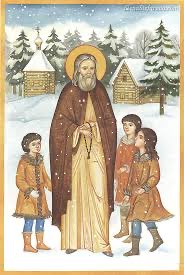
5/
Established a hermitage on Spruce Island in 1808, where he built a chapel, school, and guest house to serve the local community.
Established a hermitage on Spruce Island in 1808, where he built a chapel, school, and guest house to serve the local community.

6/
Taught the Alaskan natives practical skills like agriculture and carpentry alongside Orthodox Christian teachings.
Taught the Alaskan natives practical skills like agriculture and carpentry alongside Orthodox Christian teachings.
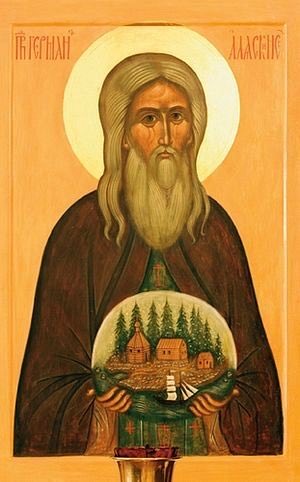
7/
Known for his gentle approach, ascetic lifestyle, and miraculous intercessions, Herman earned the love and respect of both natives and Russian settlers.
Known for his gentle approach, ascetic lifestyle, and miraculous intercessions, Herman earned the love and respect of both natives and Russian settlers.
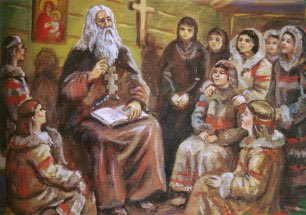
8/ He fed the birds with dried fish, and they would gather in great numbers around his cell. Underneath his cell there lived an ermine. This little animal can not be approached when it has had its young, but the he fed it from his own hand. He also fed bears. But when Father Herman died the birds and animals left; even the garden would not give any sort of crops.

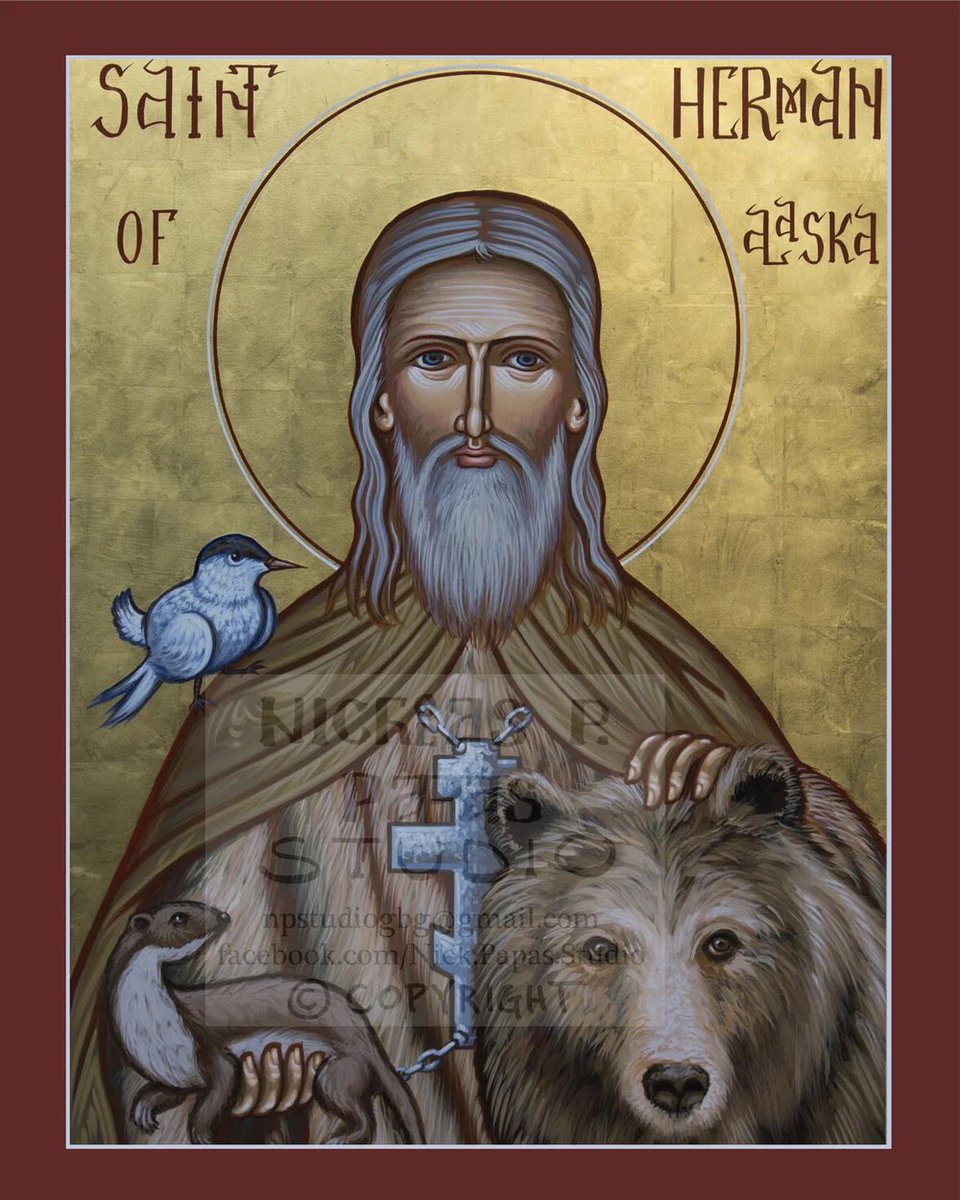
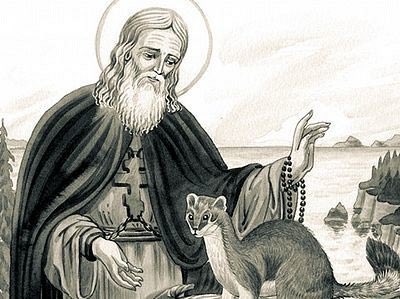
10/
🙏🏻
Almighty and everlasting God,
who didst call thy servant Herman to preach the Gospel:
Raise up, we beseech thee,
in this and every land evangelists and heralds of thy kingdom,
that thy Church may proclaim the unsearchable riches of our Savior Jesus Christ;
who liveth and reigneth with thee,
in the unity of the Holy Ghost,
ever one God, world without end.
Amen
🙏🏻
Almighty and everlasting God,
who didst call thy servant Herman to preach the Gospel:
Raise up, we beseech thee,
in this and every land evangelists and heralds of thy kingdom,
that thy Church may proclaim the unsearchable riches of our Savior Jesus Christ;
who liveth and reigneth with thee,
in the unity of the Holy Ghost,
ever one God, world without end.
Amen
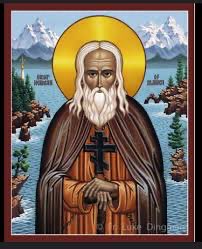
@threadreaderapp unroll
🧑🧑🧒🧒We’re a church without a building right now.
🙋🏻♂️Can you help us?
⛪️We can do so much more to bring people to Jesus and to serve the community if we had a building of our own.
🥅Please donate or share to reach our goal.
Thank you.
🙏🏻
👉🏻 democracythree.org/saveachurch
🙋🏻♂️Can you help us?
⛪️We can do so much more to bring people to Jesus and to serve the community if we had a building of our own.
🥅Please donate or share to reach our goal.
Thank you.
🙏🏻
👉🏻 democracythree.org/saveachurch
• • •
Missing some Tweet in this thread? You can try to
force a refresh

